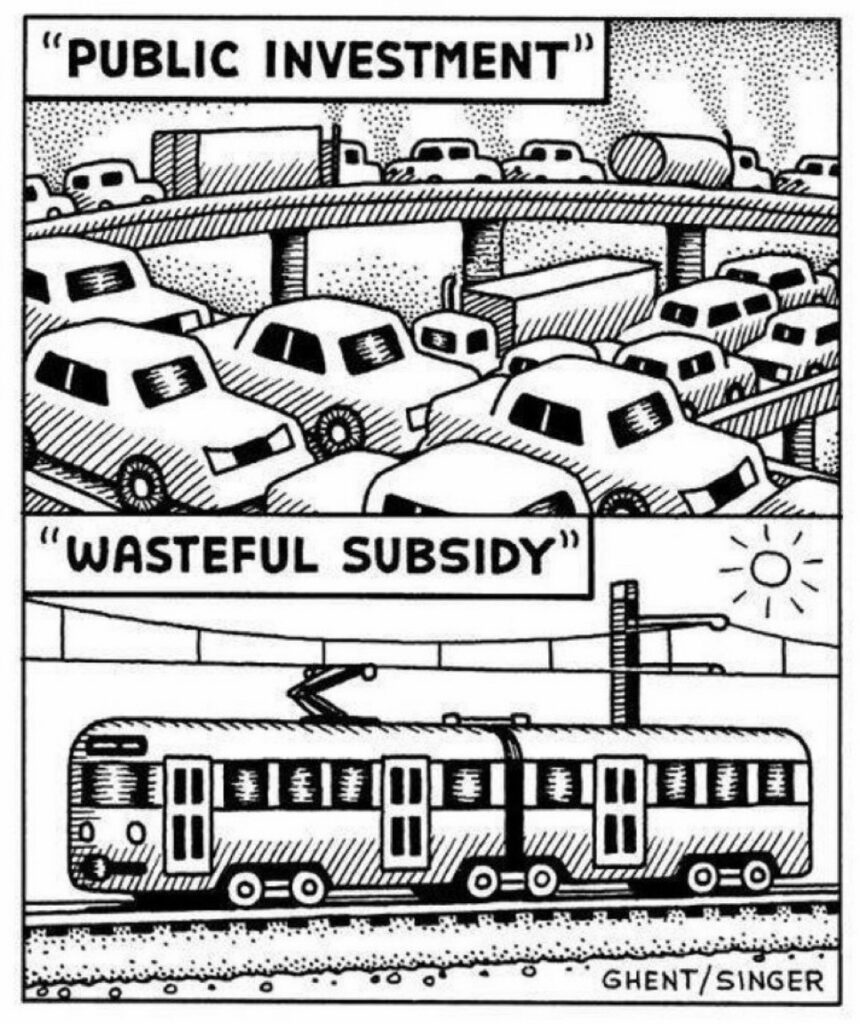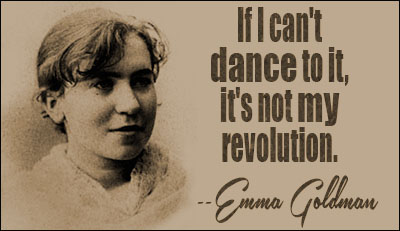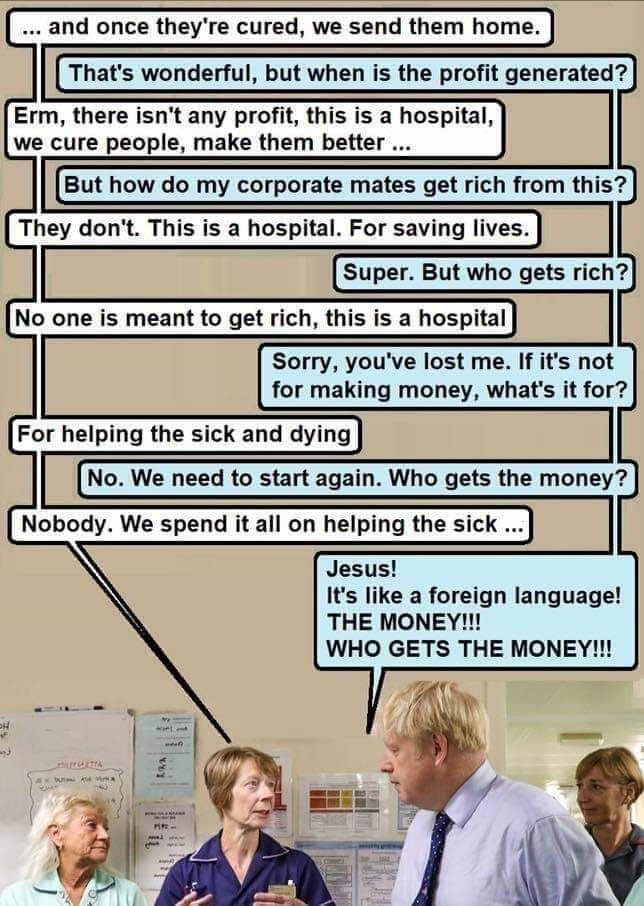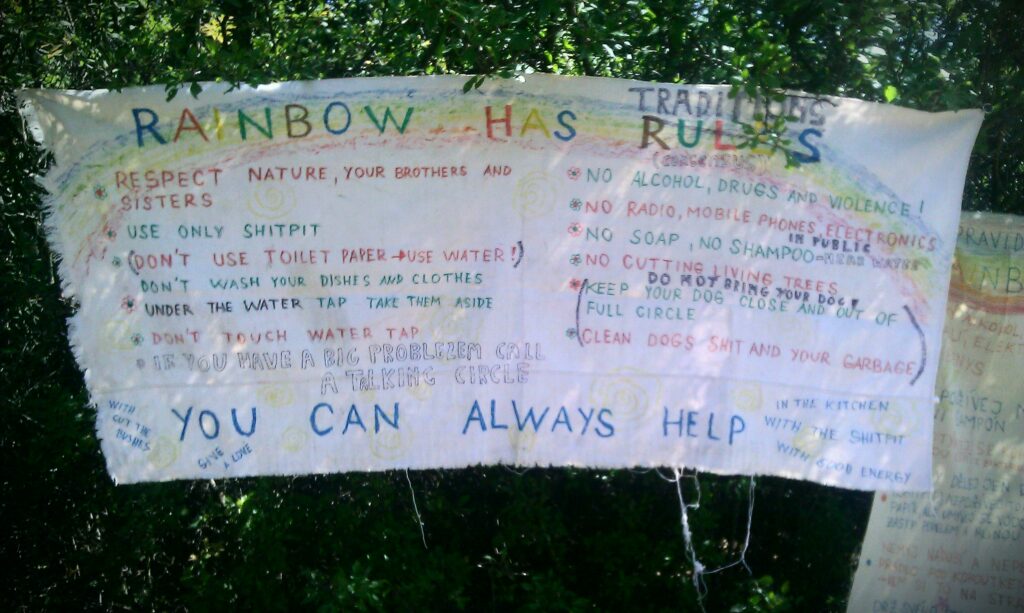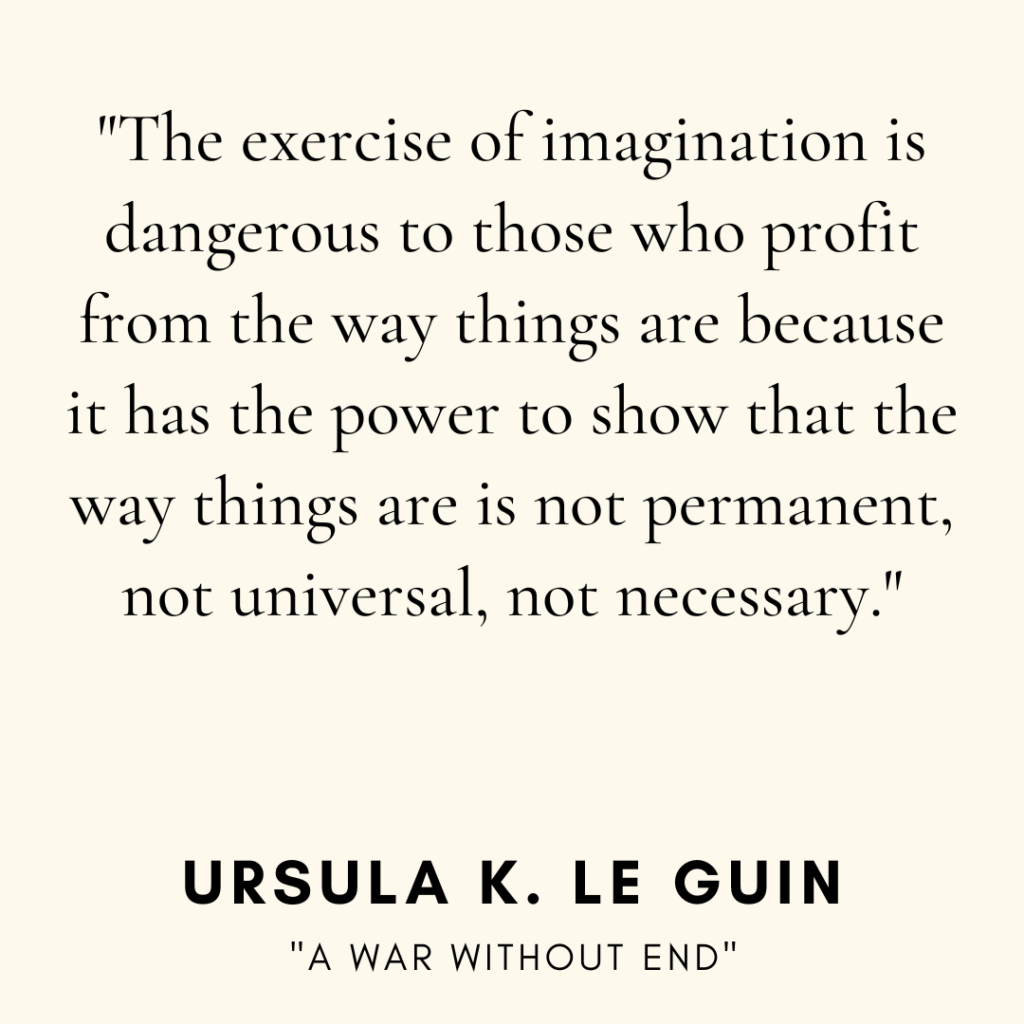We recently had an extended and thoughtful discussion on signal between collaborators working on #IndymediaBack and #MakingHistory, a key issue emerged: how should we structure “actors” (ActivityPub identities) in a network where the focus is collective action, not individual performance? This question isn’t just technical. It’s political, and central to the success or failure of rebooting radical grassroots media within the #Fediverse.
The tension is about balancing the individual and the collective. In most current Fediverse platforms (like Mastodon or PeerTube), each user is an “actor” with their own inbox/outbox, mirroring the logic of the mainstream #socialweb where identity and expression are deeply individual. But for platforms rooted in collective publishing, such as a revived #Indymedia, this doesn’t map neatly.
“We are trying to balance individualism with collectivism. People already have all the individualism they can take, we need a structure to support the collective.”That means maybe moving away from assuming every account needs to be a visible, subscribable actor. Working model: Per-instance actors first, a consensus is emerging around per-instance actors – e.g., the Newswire and Features flows of a local Indymedia site act as the primary publishable entities in the Fediverse. These represent the editorial collective’s curated output – not just anyone shouting into the void.
External trusted contributors (like info@hamishcampbell) would publish content from their own Fediverse accounts using hashtags like #oxfordindymedia, which the local Indymedia instance detects, vets, and republishes.
This brings three key benefits:
- Curation over chaos – Stories don’t just flood in via hashtags; they’re filtered through trust relationships.
- Permissioned federation – Only trusted flows (or untrusted but manually reviewed ones) are accepted. Hashtag spam is naturally blocked.
- Maintaining editorial identity – Subscribing to an Indymedia instance means subscribing to its judgement, not just raw firehose feeds.
Do we need per-user actors? Here’s where things get messy, and interesting. Three models were debated:
- Classic Fediverse model: Each user has their own actor. This supports full transparency and traceability of actions, but risks returning to individualist norms and opens the door to abuse or platform drift.
- Invisible user accounts: Users exist internally for moderation or curation roles, but aren’t visible in the Fediverse as actors.
- Controlled per-user actors: Users do have actors, but these are only used to publish activity logs, not posts. Think: “Editor X approved story Y”, useful for building transparency and trust within an open process.
Option 3 sits nicely with the principles of the #4opens, particularly open process and open governance. It provides a transparent audit trail without pushing users into the spotlight.
UX vs backend architecture, what becomes clear is that the user experience should foreground collective flows – Features, Newswire, Tags – while any per-user mechanics operate in the background, supporting moderation, traceability, or edge-case publishing. Whether those background accounts are AP actors or not might depend on implementation details.
“It’s not about the actors per se — it’s about what shows up in the front-end UX, and how we build trust in the process.”Final considerations, networks like #IndymediaBack default to collective-first publishing, with user actor functionality off unless needed. #MakingHistory, by contrast, might enable user actor publishing to support mass collaborative storytelling. Both platforms rely on whitelist federation, meaning only trusted instances and users can feed directly into the editorial stream. Abuse prevention comes not just from code, but from the politics of moderation, curation, and shared norms.
- We probably need per-user actors, but used sparingly and carefully.
- We definitely need per-instance actors for trusted collective outputs.
- Hashtags are a start, but the flow must be curated and accountable.
- UX should put collectives front and centre, with user identity in the background.
- This is a political choice, not just a technical one, and that’s a good thing.
For more on how this fits into the broader reboot of radical media infrastructure, see:
Rebooting Radical Media (YouTube)
Programming: Open Media Network
